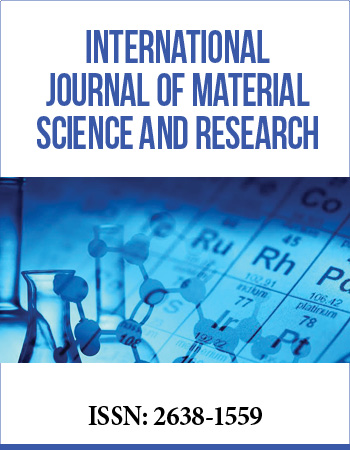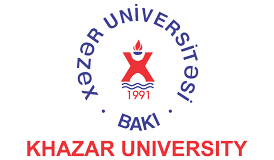International Conference on Materials Science and Research
November 16-18, 2017 Dubai, UAE
Study of the Mechanical and Thermal Properties of the Rice Husk Mortar
1University of Abomey-Calavi, Benin
2Universiy of Lorraine
In recent decades, we have been confronted with global environmental issues such as climate variations due to the increase in greenhouse gas emissions, pollution, and the degradation of the environment. These different environmental problems are due to human activities in different fields such as industry, energy, transport, construction.The construction sector is one of the main contributors to this situation as it is the largest energy consumer and the second largest CO2 emitter in the world.It is therefore important to build eco-friendly buildings, which consume little energy and emit less greenhouse gases over their entire life cycle. Hence the use of natural materials such as plants that are renewable, recyclable and sustainable. In this study we used rice husks as vegetable granules in a cement matrix to produce concrete blocks, interjoists, rice husk suspended ceilings and insulation for buildings.
Setting tests on pure cement paste formulated with water resulting from the infusionof the rice husk showed that these aggregates had no inhibiting effect on the setting of the cement. To confirm this hypothesis, a chemical analysis of the rice husk was carried out and the results showed that the extractable ratio of rice husks is almost zero, unlike other plant aggregates such as hemp and wood. Measurements of thermal conductivity have shown that rice husk concrete is a very good alternative to more conventional systems in terms of thermal insulation.
Biography:
Edem CHABI, born August 18, 1989 in Gogounou (Benin), is a young doctoral student specialized in materials and processes. He is particularly interested in the development of innovative materials with reduced environmental impact. Edem CHABI holds a Diploma in Design Engineering in Buildings and Public Works from the Polytechnic School of Abomey-Calavi (Benin) in 2012 where he developed a composite material based on wood waste (sawdust) and plastic bags to make a wood / polymer material. In 2014, after 2 years of research on plant concretes, he obtained the Diploma of Advanced Studies in Materials and Structures from the University of Abomey-Calavi. Currently, he is the third year of doctoral dissertation in cotutelle between the University of Abomey-Calavi and the University of Lorraine whose defense is scheduled for December in Nancy.



